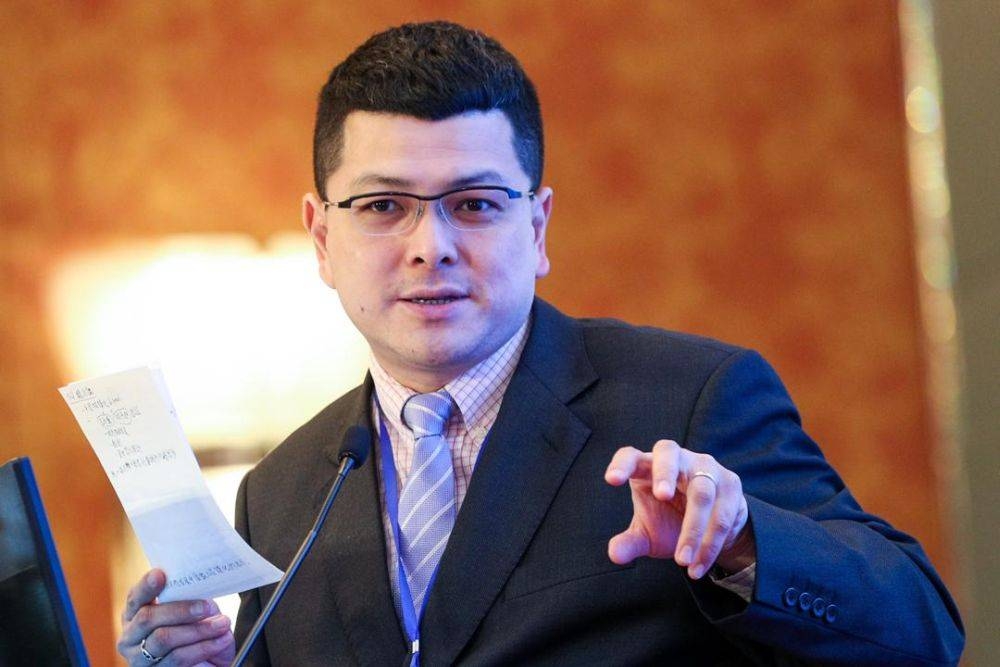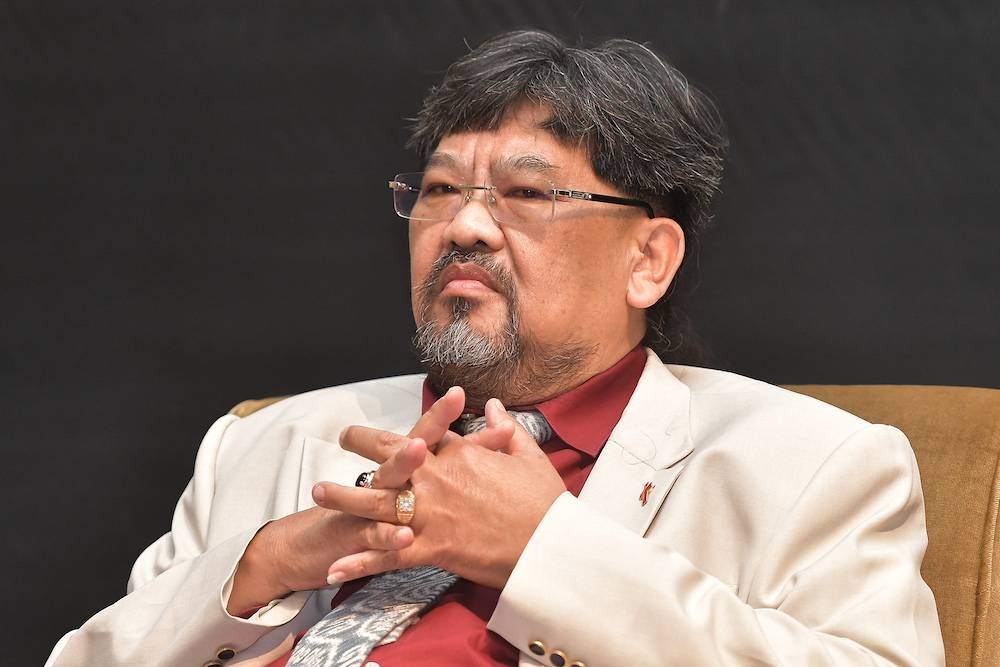KUALA LUMPUR, Dec 1 — Pakatan Harapan (PH) and Barisan Nasional’s (BN) collaboration in the national unity government could be tested in the six state elections next year, as they must choose between straight fights with Perikatan Nasional (PN) and engaging in free-for-alls.
With the two now allied in the federal government, the latter approach could have repercussions to the partnership that allowed PH chairman Datuk Seri Anwar Ibrahim to become prime minister ahead of PN’s Tan Sri Muhyiddin Yassin.
University of Malaya Centre for Democracy and Elections (UMcedel) research fellow Awang Azman Awang Pawi said PH and BN should carry out seat negotiations over the state elections in Selangor, Penang, Negri Sembilan, Kedah, Kelantan and Terengganu “to ensure a more strategic long-term relationship”.
To avoid seat clashes, he suggested they use the last state election results to decide whether PH or BN will be the one contesting against PN, based on the number of votes each coalition garnered then.
“If it is a PN seat, for example, the one that should contest is the second-highest in terms of votes. If in constituency A which was won by PN, the second-highest is BN, the third-highest is PH, then BN will contest in constituency A,” he said in giving a hypothetical example.
Awang Azman said PH and BN have no choice but to work together as the alternative could leave either in the incongruous situation of needing to partner with PN to form a state government.
He said PH and BN would also be disadvantaged if they clash in state elections as their votes would be split, which could result in lower chances against PN and trigger a backlash from their supporters.
Overlaps could also create an “uncomfortable” atmosphere that could poison their ties in the federal government, he said.
“Clashes in the states will cause enmity due to political campaigns and be carried on to the national level. This will become a nightmare for both,” he said, having said that an existing framework of cooperation at the federal level — if there is one — should be followed at the state level.

Oh Ei Sun, senior fellow of the Singapore Institute of International Affairs, suggested it was too early to tell how the national unity government may be affected if PH and BN do not work out seat allocations for the six state elections.
While it would be ideal to divide the seats neatly between the two coalitions, Oh said this was “easier said than done” as it would need the unanimous agreement of all components on both sides.
“The leaders of, let’s say, PH and BN might agree to allocate seats, but they will have internal upheavals within their own coalition,” he said.
PKR, DAP and Parti Amanah Negara may disagree if they suddenly had to give up state seats they considered to be theirs to counterparts in BN and vice-versa, he said.
The partnership in the national unity government was also still very new, he said, making it premature to judge how closely the two former rivals will be able to cooperate on such challenging topics.
“I think this is very early on in the coalition building between PH and BN, and I think at this point, the focus is on for example, formation of Cabinet and allocation of ministerial positions, and so on.
“But of course, after that, they will seriously need to think of those state elections, and in particular also whether they would allocate seats among themselves to avoid clashes or is it a free for all.”
Asked if the national unity government might collapse if PH and BN clash in the six state polls, Oh said: “Certainly, at least a feeling of queasiness between the two coalition partners, just like between PN and BN not long ago.”

Datuk Jayum Jawan, professor of political sciences at Universiti Putra Malaysia, believed the cooperation at the federal level would not extend to the state elections as every political party would want to establish itself.
Jayum said there is “no reason for PH to cooperate with anybody” in the upcoming state polls, pointing out that the current unity government is just a “convenient arrangement because none of the main bloc won a simple majority” in the recent 15th general election (GE15).
“PH and PKR under the leadership of the much-awaited and popular PM is expected to go alone and secure their mandate,” he said, adding that public acceptance of PH under PM Anwar is expected to improve now that it is helming the federal government.
He said PH “going alone” into the state elections would probably be the best option, as voters may otherwise think that PH is not serious about reformation when many BN leaders are still held in disrepute.
“Partnering outside the PH bloc would mean salvaging the declining support of some parties that PH members such as PKR and DAP may not want to agree to,” the Academy of Sciences Malaysia fellow said.
With PKR and DAP holding sway in Selangor and Penang, respectively, Jayum said PH would need to prove itself by showing it is capable of taking over states such as Negri Sembilan, Kedah, Kelantan and Terengganu in order to be “the next force in Malaysian politics”.
“Even increasing its presence there would be a step forward in reaching out to the Malay states/ electorates and as a precondition that it is capable to take over the role that Umno once had in the peninsula and from PAS that has proven to be a dominant political force in the East Coast states,” he said.
Although he viewed the national unity government to be a fragile one, Jayum believed that it could remain intact even if PH and BN were to clash in state elections.
He also said it would be better if the two coalitions contested openly and freely against each other despite their partnership in the federal government, as this would make it clear which should then go on to head the states.
After the prime minister at the time, Datuk Seri Ismail Sabri Yaakob, dissolved Parliament to trigger GE15, PH and PN refused to dissolve the assemblies of Selangor, Penang, Negri Sembilan, Kelantan, Terengganu, and Kedah.
The decision meant these six states must hold their respective elections next year as the terms of their legislative assemblies will expire.






















